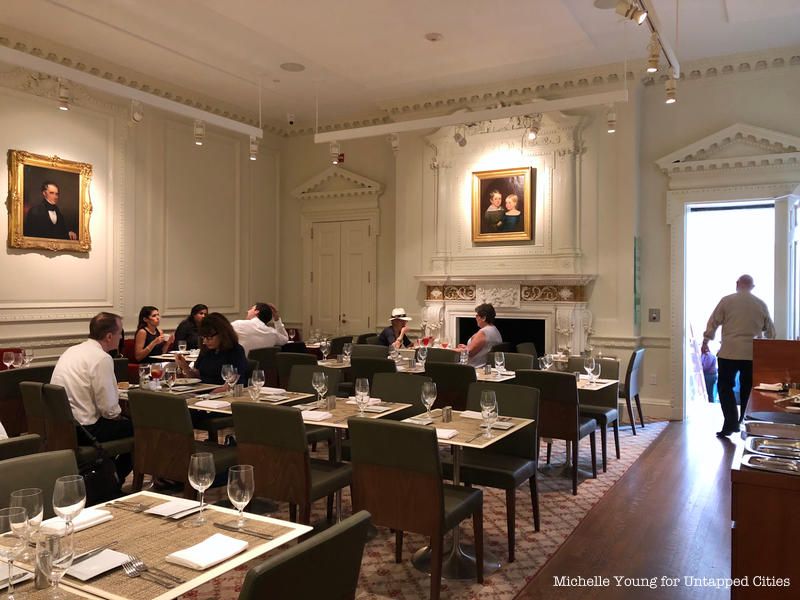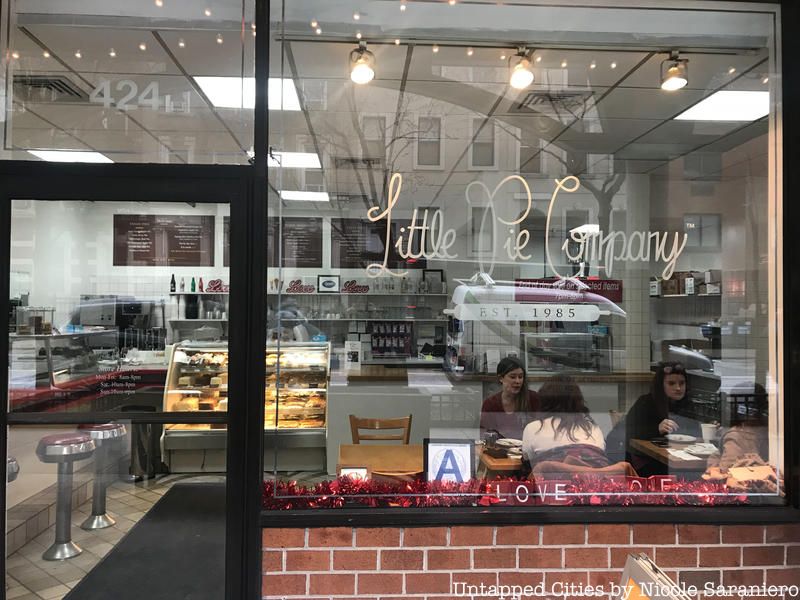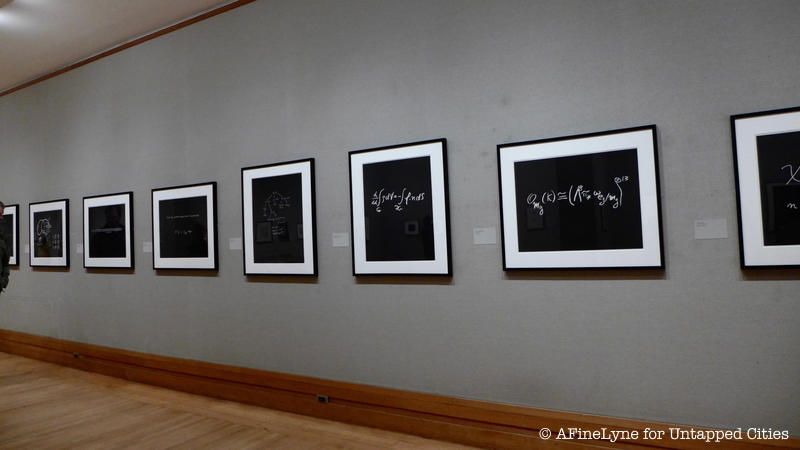100th Anniversary Great Nave Tour at the Cathedral of St. John the Divine
Celebrate the 1925 construction of the stunning nave inside the world's largest Gothic cathedral!

Overshadowed by today’s snowstorm, it’s also International Pi Day, 3/14. Due to weather conditions, we’re making an executive call and extending Pi Day into Pi Week. Our picks here will be sprinkled with relevant snow day activities for good measure.
In the Flatiron District, you’ll find MoMath, the only museum in the country dedicated to mathematics. There’s plenty for kids and adults here (even celebs like Jeremy Iron who brought his dog and rode the square-wheeled tricycle). There are visually stimulating exhibits and installations that test and teach your mathematical side. The museum is closed today due to the storm but the next event is on the 22nd with an event about the book, The Adventures of Penrose: The Mathematical Cat.

The Morgan Library & Museum in Manhattan has a sizable collection of Albert Einstein materials, including a manuscript for Nature magazine (shown above right), 25 hand written letters from Albert Einstein to astronomer Erwin Finlay Freundlich who was assisting in confirming the general theory of relativity through astronomy, and a photograph inscribed by the scientist himself. You can also delve digitally into the Digital Einstein Papers.

Pi Day has also become de facto Pi(e) Day. There are plenty of great places to get Pi in New York City – check out our guide which includes spots like Four & Twenty Blackbirds and Little Pie Company. You can also get free pie at places like Marie Callendar, which is offering a pie-infused ice cream with 10Below ice cream to the first 314 visitors (rescheduled to Monday 3/20 due to the snowstorm), and Mah Ze Dahr Bakery (free pie for every $10 spent). For those more interested in pizza pies, check out our guide to 10 NYC pizza joints with a slice of personality.

Image via Wikimedia Commons, Chrysler Corporation and US Army
There’s a famous mathematical myth that has been perpetuated as urban lore by even notable tour guides and historians. It’s about the Redstone rocket in Grand Central Terminal, erected by the US military as a piece of showmanship to counter the Soviet Union’s launch of Sputnik. The Redstone was displayed in the terminal in 1957 for three weeks. This widely spread false fact is that the Redstone was so tall, it bore a hole through the top of Grand Central Terminal’s ceiling. The myth even goes as far to suggest that a hapless engineer didn’t do the math correctly. But this, as you can see in vintage photographs, was not the case.
Read more about the myth here and go see the hole for yourself on an upcoming tour of the Secrets of Grand Central Terminal:
Tour of the Secrets of Grand Central Terminal

Image of 2007 Bronze Medal, Tuskegee Airmen
The Museum of American Finance and The Museum of UnCut Funk are showcasing a tribute to African American heroes, with the exhibit For the Love of Money: Blacks on U.S. Currency. The 41 commemorative coins and medals on view depict the historical contributions of such beloved figures as Booker T. Washington, Jackie Robinson, Duke Ellington, Rosa Parks, Nelson Mandela, as well as historical events including anti-slavery token coins, Little Rock Central High School, Desegration, the Civil Rights Act of 1964 (silver dollar), and Selma to Montgomery Marches just to name a few.

The visualization of mathematics has taken many forms since the advent of printing. Animated by tensions between the abstract and the figural, the geometric and the gestural, these works in Picturing Math: Selections from the Department of Drawings and Prints from The Metropolitan Museum of Art collection show how artists from the 15th century to contemporary times have engaged in the creation and communication of mathematical knowledge through the use and production of images.

This is a further trek from New York City but a worthy one. The Historical Society of Princeton in New Jersey has one of the “larger 3D collections of Einstein materials in the United States,” says Izzy Kazdin, its executive director. The collection includes 65 pieces of furniture that were in the scientist’s house at 112 Mercer Street in downtown Princeton, where he lived when employed by the Institute for Advanced Study, a notable post graduate institution in Princeton. Then when you’re done here, follow the footsteps of Albert Einstein in our guide to Princeton to see where he lived and worked.

If the snowstorm brings what is anticipated, there will be plenty of snow to make snow angels in the city’s parks. In honor of Pi Day, do some measurements using Pi, like measuring the circumference of your angel.
Next, read about how Central Park prepares for winter and snow.
Subscribe to our newsletter